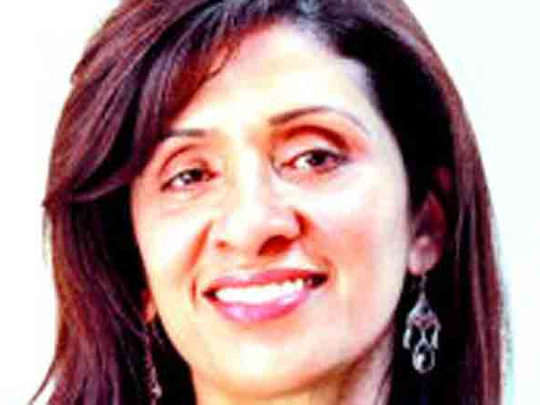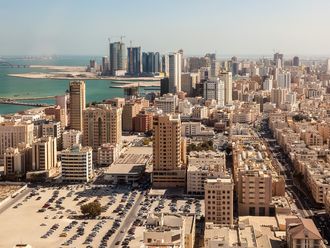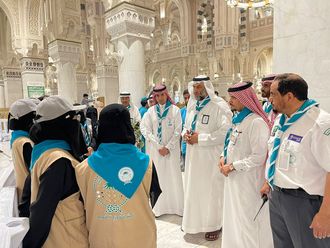
Manama: A Bahraini woman will head the United Nations team that will investigate the death of dozens of people in the recent unrest in Tunisia.
Khawla Matar, the head of the United Nations Information Centre in Cairo, will be gathering facts about the situation and will assess the country's human rights situation, Tunisian daily Assabah reported on Sunday.
"I have been asking myself what my office, and what the international community in general, can do to help the people of Tunisia to take advantage of the opportunity that now exists," Navi Pillay, the UN High Commissioner for Human Rights, said at a press conference in Geneva. "While it is still very early days, it is important that the seeds of change are sown wisely and sown now, before former entrenched interests start to reassert themselves, or new threats emerge."
While the situation on the ground is evolving and fragile, the Tunisian people have a tremendous opportunity to carve out a better future, based on laws that are fully in line with international standards, and are scrupulously observed by the authorities, she said, quoted by international media.
Radhouane Nouicer, Tunisia's new Deputy Minister of Foreign Affairs, welcomed the mission in principle, Pillay said.
"We will be working out the details of the mission with the interim government and other interested parties. The team, in addition to gathering information about the current and past human rights situation, to come back with a set of concrete proposals for action on issues relating to abuses as well as future reforms," she said.
Pillay welcomed the fact that Tunisia's interim government has already announced a number of important measures, including the release of all political detainees, permission for all political parties to operate freely, and the establishment of freedom of the press. She also welcomed the government's announcement that it will address the underlying causes of the unrest by enacting policies to ameliorate economic hardship.
She also welcomed the setting up by the interim government of three commissions, two commissions of inquiry into human rights abuses and corruption, as well as a commission on political reform and that all three are headed by people known for their engagement in human rights.
"This is an important step, and the government must now ensure that these commissions enjoy total independence, have an appropriate budget, are able to access all relevant sources, and can publish the results of their investigations," she said.
"It is also important that these and subsequent reform processes are transparent and inclusive there must be no window-dressing when it comes to accountability."












